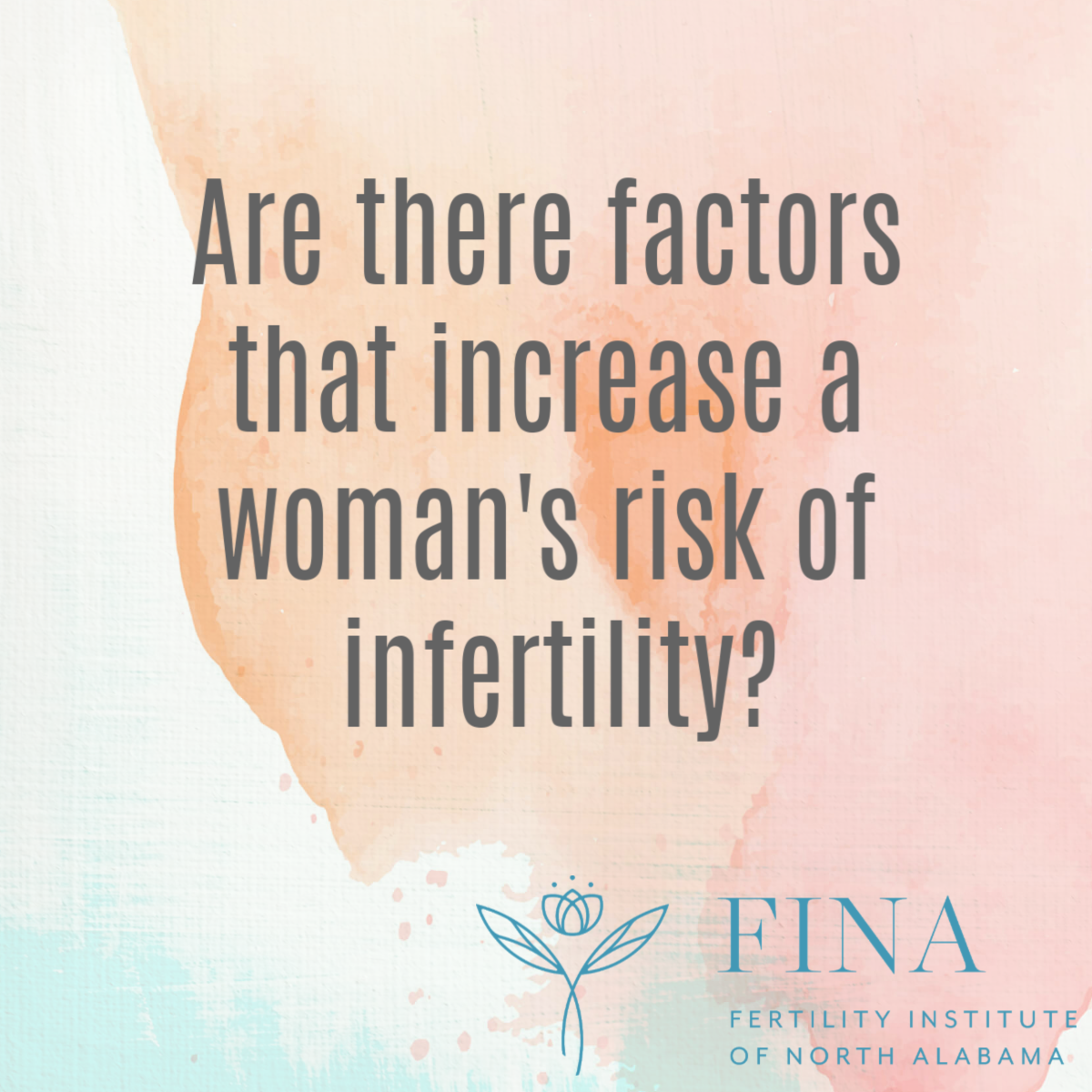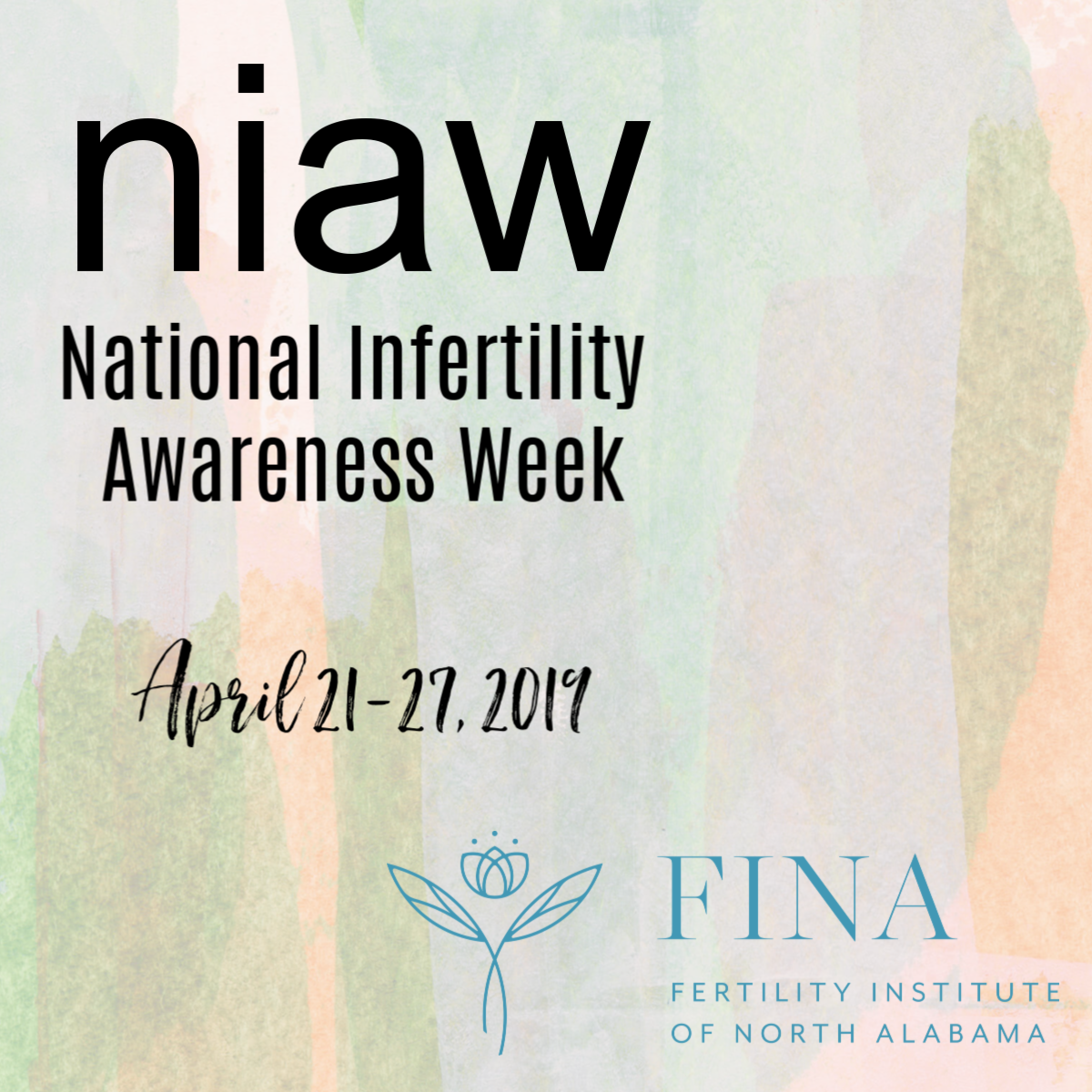Oftentimes, couples are hesitant to proceed with looking into fertility testing and treatment because of the worry about cost. However, you may be surprised at all the options that are actually available to you financially.
Let’s take a look at some of the different categories of services and which financial options are available for each.
*Office Visits
At FINA, we will submit the charges for office visits, labs, ultrasounds, and procedures to your insurance company. However, for those services that are not covered by insurance, we try to make them as affordable to you as possible. In these cases, we bundle services together in order to discount the overall cost to you. Our staff will confirm what services are covered by your insurance, but we encourage all of our patients to verify their coverage as well.
If you do not have insurance or prefer that we do not file your fertility treatment with your insurance company, we offer cash pay packages for your visits. These packages are specific to the types of office visits, lab work, or procedures you may undergo. Our financial counselor will be happy to go over these costs with you.
*Medications
Fertility medications are sometimes paid for by insurance, but every policy is different. Our financial counselor will go over your coverage, if any, at the time you need medications.
Some local pharmacies carry fertility medications. However, these pharmacies may not offer the same discount as a mail-order pharmacy, but can oftentimes send your medications directly to your address overnight.
*Intrauterine Insemination (IUI)
Some insurances will offer partial or full coverage for IUI’s. If your insurance offers no coverage, we do have a cash package that will allow this option to become more cost efficient.
*In Vitro Fertilization (IVF) / INVOcell
As the need for more advanced therapies arises, we encourage you to double check with your insurance carrier to see which services are covered. In Alabama, only a limited number of insurance plans offer coverage for IVF or INVOcell. However, we do offer several packages along with financing resources for those patients without insurance coverage in order to make these options more affordable for you. Prior to proceeding with these services you will meet with our office manager to ensure your understanding of your options and costs.
Insurances Accepted at FINA:
+Blue Cross Blue Shield
+Cigna
+United Healthcare
+Aetna
+Humana
+Tricare









